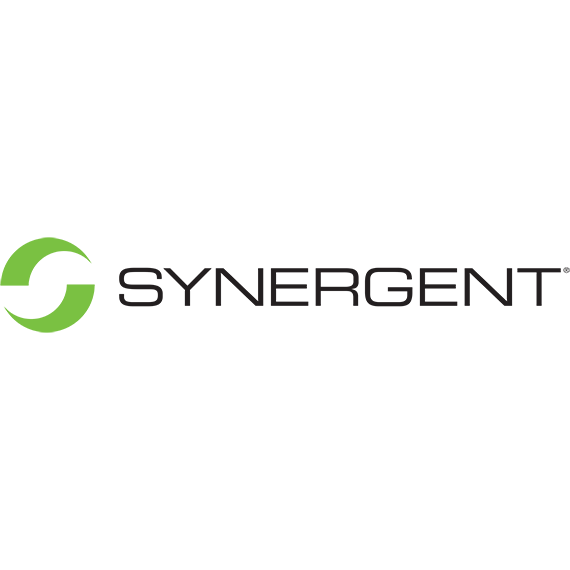The number one challenge regarding people that credit unions face today is recruitment and retention.1 Professional development programs can set credit unions apart from their competition and make them a more attractive option for candidates. Motivated employees desire an opportunity to maintain and learn new skills once they enter the workforce.
Without this opportunity, they are apt to look elsewhere to satisfy this innate desire to grow. A 2022 study revealed that 63% of employees cited no opportunities for advancement as the top reason they leave their job.2 In today’s marketplace, where good talent has a choice, credit unions would be wise to invest in professional development for staff.
Credit unions understand that transactional skills, such as compliance, numbers, loan payments, and technology systems, are table stakes for on-the-job performance. They have invested in training and development programs, even fully staffed departments, to address these operational needs. While these skills remain necessary to get the job done, credit unions are starting to recognize that soft skills, such as adaptability and emotional intelligence, are ‘must haves’ for a sustainable future.
A Changing Financial Landscape
Technology has drastically transformed the financial landscape, and members desire the convenience that these new technologies promise. Advances in AI and the automation of tasks have created a skills gap between the current and desired state. In fact, this skills gap affects 21% of employees aged 30-39 and 31% of those aged between 50 and 55,3 and this is likely to increase in the upcoming years. By encouraging professional development opportunities, credit unions keep their workforce agile, competent, and aligned with member demands.
Investing in professional development builds the confidence to perform on the job which translates into higher job satisfaction and better performance. As employees build skills, they are more likely to work independently, broaden their perspective, and increase their expertise. People who feel secure in their skills are more inclined to take on new projects, contribute ideas, and act in team lead roles. In turn, this results in a happier workforce, greater efficiencies, and higher production for credit unions.
Professional Development Supports Credit Union Culture
But professional development is not just about teaching employees how to do their jobs better. Professional development sustains credit union culture and values and provides a sense of belonging and community. It communicates that credit unions value and respect their employees—and people stay where they feel valued. In this way, credit unions create a pipeline of talented individuals to lead them into the future.
According to the Credit Union Executives Society, in 2018, 52% of credit union CEOs had reached retirement age or had plans to move on in the next five years.4 Credit unions have historically passed the reins to an internal successor when they are ready to step aside. Professional development programs impart the necessary skills and prepare the next generation to step up into the leadership role. This results in smooth transitions and minimal disruptions for employees, the credit union, and their members.
Promoting Staff Development
If your credit union is not ready to implement a full-blown, standalone education program, there are simple measures that you can take to promote staff development. Credit unions can capitalize on their philosophy of community and leverage the collective impact of professional development programs. For example, when a credit union sends an employee to learn a new skill or strategy, ask them to come back and introduce what they learned to their peers. This knowledge sharing strategy not only boosts individual confidence but also makes professional development opportunities accessible to all staff.
Credit unions might also consider implementing a mentor program to support professional development. This is an economical yet sustainable way to transfer the knowledge and skills necessary to be successful within the credit union. Mentors may function as guides, coaches, or role models, imparting knowledge and new ways of thinking, especially in challenging moments. This expands learner’s skills, perspectives, and approaches, and prepares them for the next step in their journey with the credit union.
Now is the time for credit unions to act. They need to think of new and innovative ways to establish professional development opportunities for staff. This not only helps to keep them attractive to potential candidates, but also ensures that good talent remains with them. Credit unions understand the importance and value of people. By investing in their people, they not only remain true to the credit union philosophy but ensure their future sustainability.
Sources:
1Credit Union HR Series: How to Attract & Retain Talent.
2Majority of workers who quit a job in 2021 cite low pay, no opportunities for advancement, feeling disrespected.
3Does skill obsolescence increase the risk of employment loss?
4CEO Succession Planning: A Comprehensive Overview.








